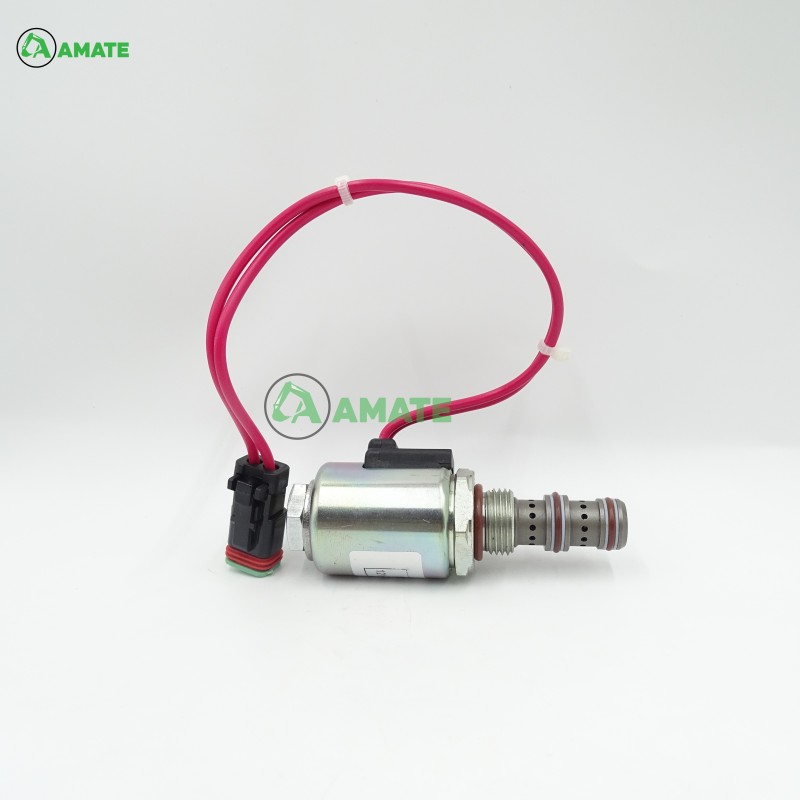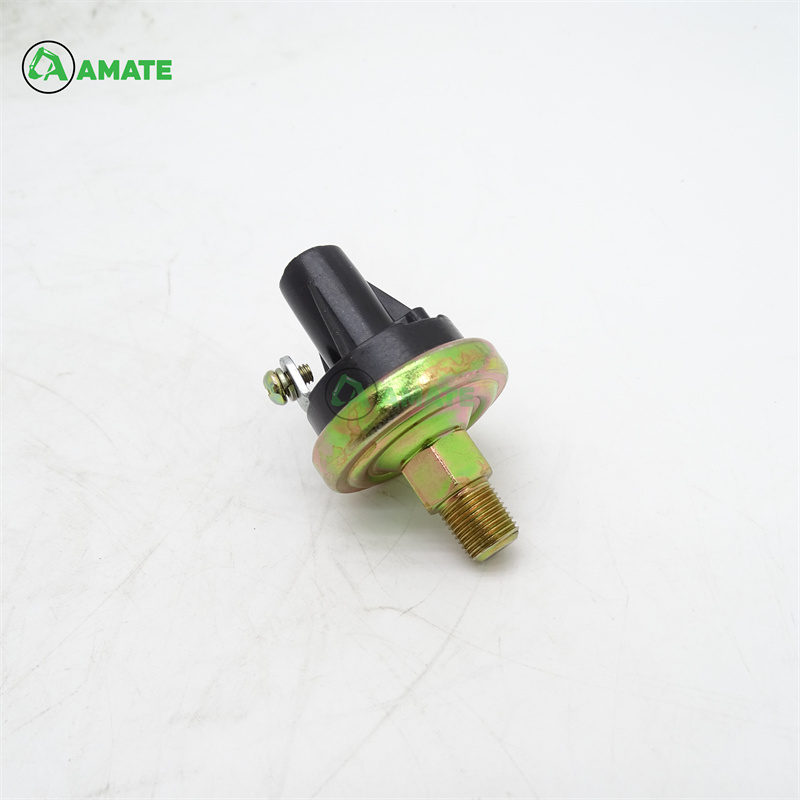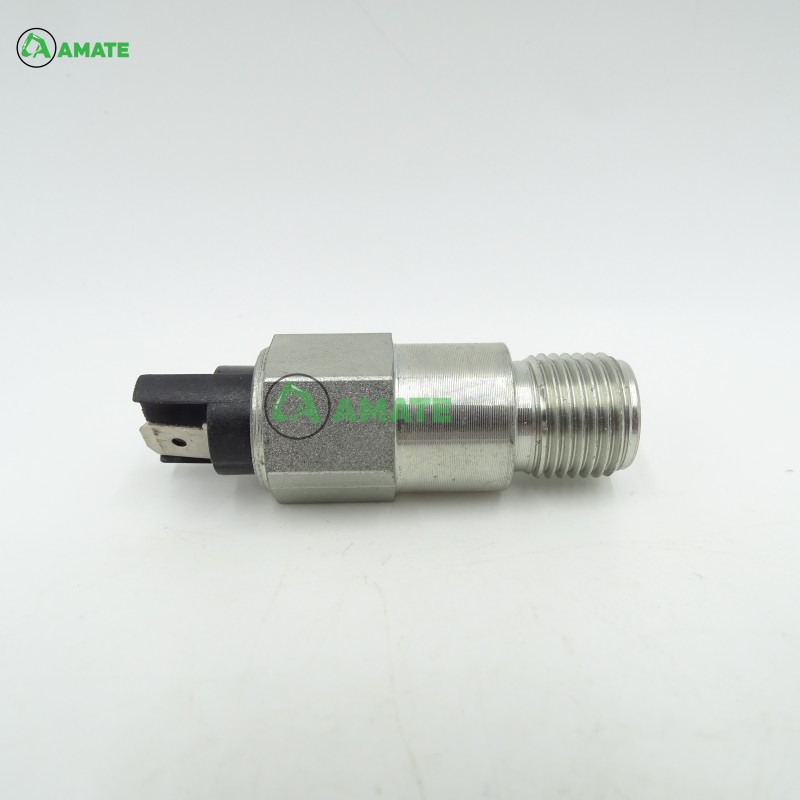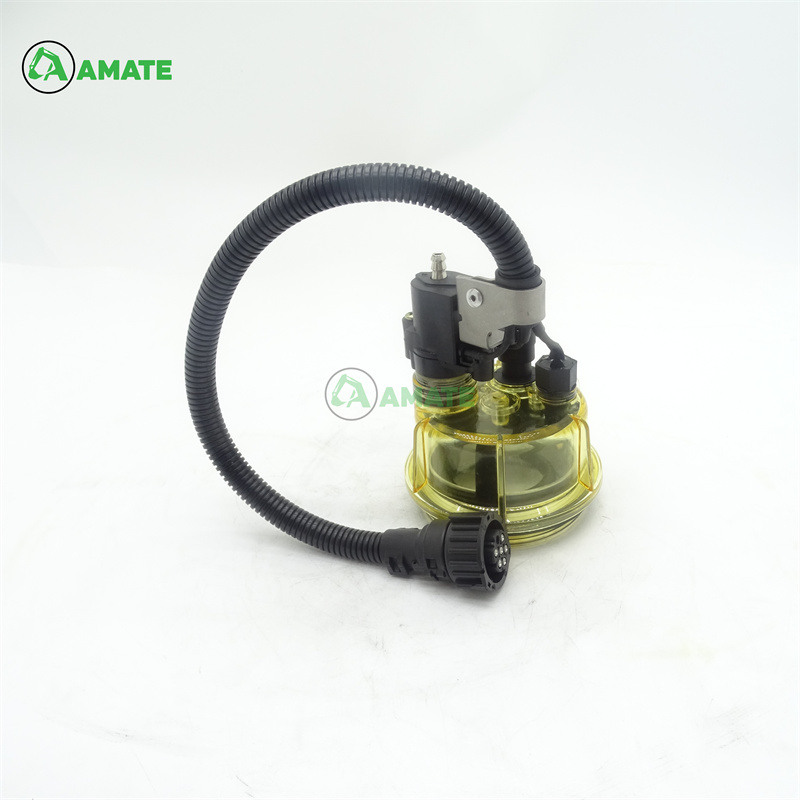High Performance and Environmental Protection Drive the Transformation of the Oil Filter Industry
As a vital component of the automotive aftermarket, the development of the oil filter industry is closely tied to global vehicle ownership and maintenance needs. Currently, the industry is experiencing steady growth, primarily driven by the continued rise in vehicle ownership and increasing awareness of regular maintenance. From a technical perspective, modern oil filters are evolving towards high performance, long life, and environmental friendliness. Filter materials have evolved from traditional paper filters to composite fiber materials, with filtration accuracies generally below 10 microns, and some high-end products even reaching 5 microns. In terms of product form, there is a clear trend towards modular design, with some products integrating features such as pressure sensors and smart reminders to meet the intelligent maintenance needs of modern vehicles. Increasingly stringent environmental regulations are also accelerating the industry’s green transformation, promoting the use of biodegradable materials and low-pollution production processes. The market competition landscape is fragmented, with both technology-driven companies focusing on original equipment manufacturers (OEMs) and channel-based suppliers deeply engaged in the aftermarket. With the increasing popularity of new energy vehicles, demand for traditional oil filters for pure electric vehicles is declining, while demand for hybrid vehicles remains stable. Furthermore, demand from off-road applications such as construction machinery and generator sets is creating new growth opportunities for the industry. Future industry competition will focus more on core areas such as material innovation, production process optimization and environmental performance improvement.









